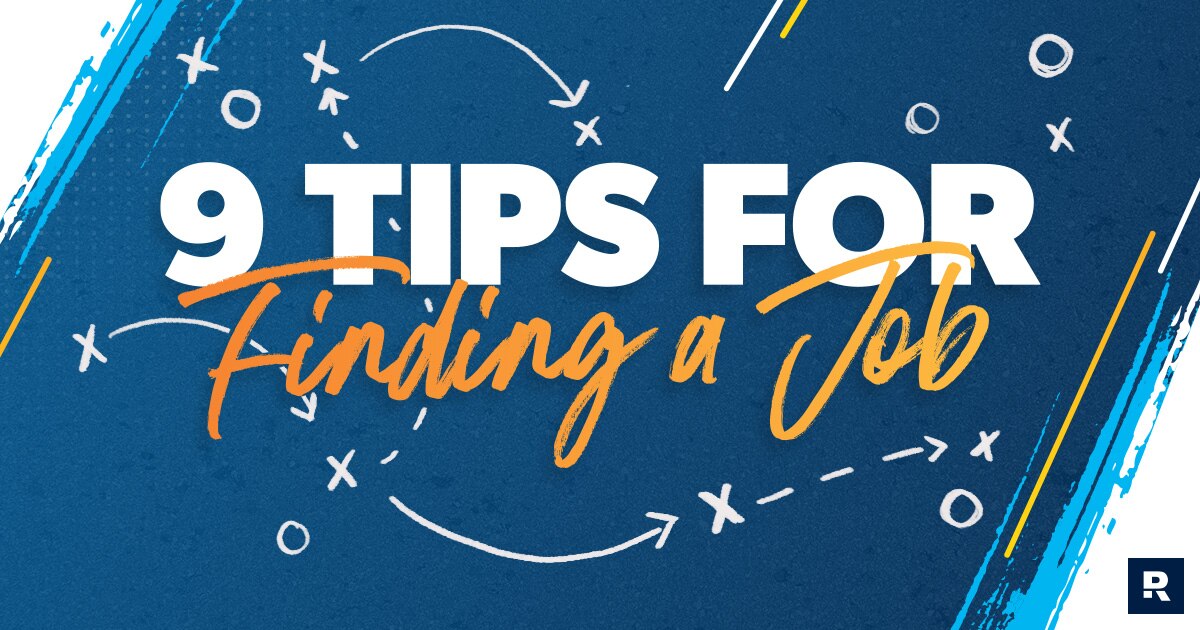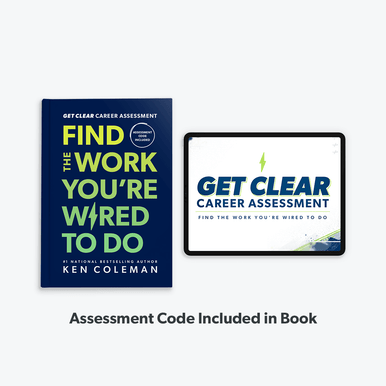
We’ve all seen the scary headlines of big companies laying off thousands of workers. Maybe you’ve found yourself in the position of losing your job, and now it’s time to find a new one. Whatever your situation is, I’m sorry if this is a tough time and you can’t find a job. But I’ve got all the confidence in the world that you can find a new job . . . one that’s better than what you had before. So, if you think you’re doing all you can but still need help finding a job, here are nine tips to help you land a new opportunity.
What to Do When You Can’t Find a Job
Whether you’ve been laid off or you’re just ready for a change in your professional life, there’s a good chance you’re feeling stressed. It’s totally natural to feel anxious when you can’t find a job. No one enjoys running into roadblocks. That’s why we’re going to walk through nine ways you can set yourself up for success in the job hunt.
Get expert money advice to reach your money goals faster!
You might be thinking to yourself, But Ken, I need a job now. Like, yesterday! And I understand there’s some urgency that might require a different strategy or side hustle. But finding a job that’s a good fit and pays the bills will take a little bit of time and preparation. (I know from experience. When I was trying to find jobs in broadcasting years ago, I used some of these strategies.) Here’s what you can do to give your job hunt a boost:
1. Polish up your resumé.
When you need help finding a job, the very first thing I want you to consider is your resumé. Is it in tip-top shape? Does it reflect your most recent work experience and skills, and is it written in a way that makes you stand out to hiring managers and recruiters?
Before you even start looking at jobs, make sure you update your resumé with a fresh template and all your best skills. Use words to describe your past job responsibilities so your resumé will stand out. (Hiring managers love to see resumés that show you’re confident and qualified.) And don’t forget to add a cover letter while you’re at it. If you’ve found a job you’re really interested in, a cover letter will help you stand apart from other applicants and explain why you’d be a great fit for the position.
2. Apply for jobs you’re qualified for.
I see nothing wrong with applying for jobs that have some responsibilities outside of your experience level. After all, that’s how you grow and stretch. But if you’re an entry-level employee applying for senior-level roles (or even C-suite roles), don’t expect to have recruiters knocking down your door anytime soon. You want to stay in the window of jobs you’re qualified for without being under- or overqualified. You also don’t want to apply for jobs that are way below your education or experience level unless you need to bring home a paycheck immediately. (In that case, what’s stopping you from delivering pizzas or driving for Uber?)
3. Use the Proximity Principle.
Guys, I wrote a whole book about this. It’s called . . . you guessed it, The Proximity Principle. The whole point here is to leverage the people and places you already know so you can easily move forward into your next opportunity.
Here’s a basic rundown of how the Proximity Principle works:
- Tap into your network. You could be just one contact or conversation away from a life-changing opportunity. Explore your network—this includes people at church, school, coworkers from past jobs, neighbors and more.
- Get into the right places. You’ve got to position yourself to get noticed. This means spending time around the places you want to work and the people who can help you get there.
- Maintain your connections. If you want to have a strong network, you need to connect with people on a somewhat regular basis. Reach out to your mentor, congratulate your old coworkers on their promotions, and stay active in these relationships. It doesn’t take much—a simple coffee catch-up or friendly message is all it takes.
4. Get gritty.
Guys, this is an employee’s market. Businesses are hurting for help. You have an advantage here. I want you to act like someone with experience and technical skills and people skills—because you are someone with experience and technical skills and people skills. If you’re not where you want to be now, and you need help finding a job, I want you to shift your mindset. I want you to be determined to make this happen. That might mean sharpening your soft skills and building your confidence. That could mean working hard where you are to earn a promotion. Getting gritty means to keep going—no matter what—until you have the role you want.
5. Expand your search area.
If job opportunities aren’t turning up in your immediate neighborhood or city, it could be time to look for jobs beyond your regular stomping grounds. Have you expanded your job search into the next zip code or county? This doesn’t mean you’ll have to pick up and move, but you may need to prepare for a longer commute if that means landing a new job. Now, if you’re open to moving to a new city or state, that creates a world of possibilities. Suddenly, the whole country is fair game in your job search. And don’t forget about remote jobs—you can work from home (wherever that is) if you think that would be a good fit for you.
6. Consider a career change or temp job.
Still wondering, Why is it so hard to find a job? Maybe it’s time to make that career change you’ve always thought about. Hey, I switched careers in my mid-30s—and while it took a little while for my broadcast career to take off after being in politics for years, it wasn’t long before I started getting speaking gigs and event emcee jobs. Eventually, this led to me working at Ramsey and coaching people and help them navigate their careers. If you’re asking yourself, Why is it so hard to find a job? there’s a chance you could be looking in the wrong place. Really dig deep and ask yourself if you’re committed to your current career path. You could find your next opportunity in a totally new industry or type of work.
7. Ask for feedback.
If you’ve had some interviews but they’re not leading to job offers, it’s possible you need some interview coaching or feedback on your personal brand. Maybe you’re super qualified but have a hard time presenting yourself in a way that grabs a hiring manager’s attention. Or it’s possible your personality dazzles during an interview, but you need to add some more professional skills to your toolbelt. Don’t be afraid to reach out to any of the hiring managers you’ve spoken with and politely ask if they have feedback. This is valuable information you can use to make your next interview better.
8. Keep a positive mindset.
I know it can feel overwhelming and downright frustrating when you’re looking for a job and nothing’s coming through—or you don’t know exactly where to look. (I’ve been there.) But I want you to remember that getting down about your circumstances isn’t going to help your situation. Instead, keep your eye on the prize and continue pressing on in your search. As the great Thomas Edison once said, “I have not failed 10,000 times—I’ve successfully found 10,000 ways that will not work.” Each job you apply for is one step closer to the one that will work out. Trust me—there’s a business out there looking for exactly what you have to offer.
9. Sharpen your skills.
If you’re lacking in professional skills, or if the business and marketing principles (or whatever your field of expertise) you learned 15 years ago now seem out of date in our super digital world, this could be your sign to go back to school or get some online certifications. (Think LinkedIn Learning or Udemy, for example.) If you want to step into the next level of your professional potential, you might need to boost your know-how. I’m not saying you need to get a whole new degree, but if you think college is worth it and you can afford it without taking out student loans, then what’s stopping you?



